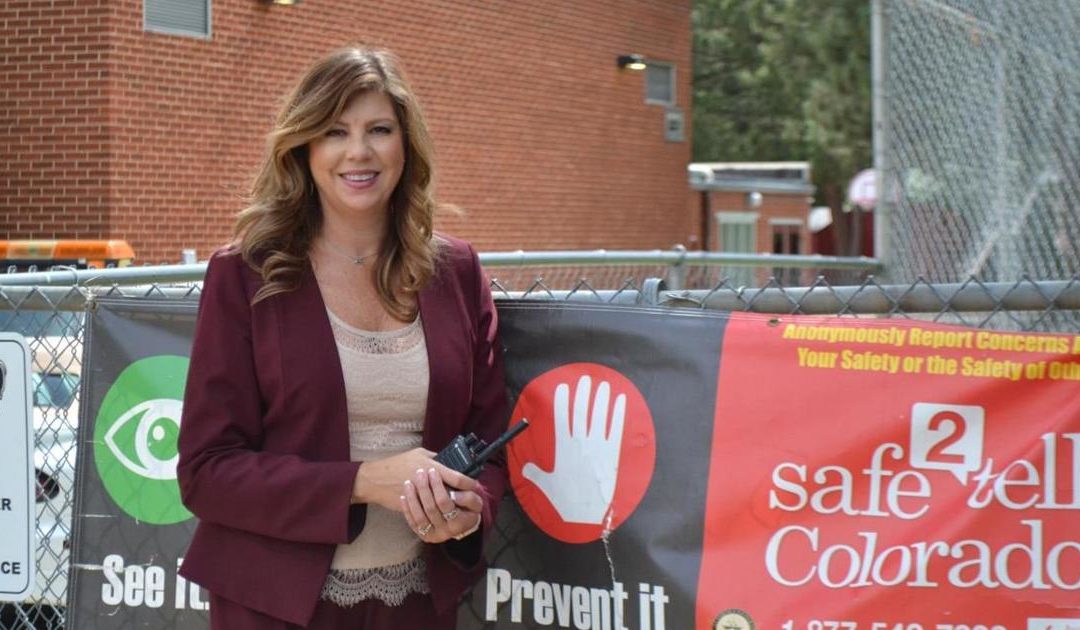Calls to the anonymous tip line for Colorado students and parents to report safety concerns at school saw calls more than double last month over September 2020, as students returned to classrooms after COVID-19 closures.
A report released Tuesday by Attorney General Phil Weiser showed Safe2Tell Colorado received 2,147 tips last month.
For the school year to date, the program’s call volume is up 75% over last year.
Weiser’s office said in a release the uptick “is likely in part due to students returning to in-person learning following school closures due to the COVID-19 pandemic.”
Just over 12% of the September tips stem from suicide threats, the largest category in the report representing 260 of the tips.
Welfare checks, which usually represent a student expressing concern about a peer, are the next highest category on the list at 6.6%, followed by calls expressing concern about bullying at 6.5% and threats at 5.6%.
A total of 306 of the 2,147 calls are marked as duplicates, a category that represents tips that have already been reported to Safe2Tell.
The latest report documenting skyrocketing Safe2Tell usage comes as a panel of high school students charged with developing legislative recommendations called for a bill to move mental health reporting away from the program, which was set up in the wake of the Columbine High School school shooting in 1999 and can lead to interactions with school resource officers or other law enforcement agents.
In their presentation to the Colorado Youth Advisory Council Committee, Aimee Resnick, a senior at Cherry Creek High School; Taleen Sample, a senior at Kent Denver School; and Bennett Lane, a senior at Denver North High School, said Safe2Tell was an effective tool in deterring school shootings.
But Sample said using the line has led to students being “dissuaded from seeking mental health support in the future,” because it led to interactions with law enforcement.
Sample and Resnick said Colorado Crisis Services could serve as a far better alternative for students struggling with their mental health. But they added that unlike Safe2Tell, which is required to be advertised in schools, CCS is not broadly known by students.
The legislation they called for, which was unanimously approved for drafting by the panel in early September but is in the early throes of hearing from those affected, aims to increase awareness of CCS services by printing the organization’s phone number on the back of student IDs across the state. The number for Safe2Tell’s hotline is currently printed on student IDs.
The students pitched the proposal as a move that “would place minimal financial burden while still educating students about the value of CCS as a mental health resource.”
Colorado Crisis Services was created and funded by the legislature as a result of the Aurora theater shooting in 2012. The free 24-hour hotline is staffed by mental health professionals, and callers can remain anonymous.
This content was originally published here.

